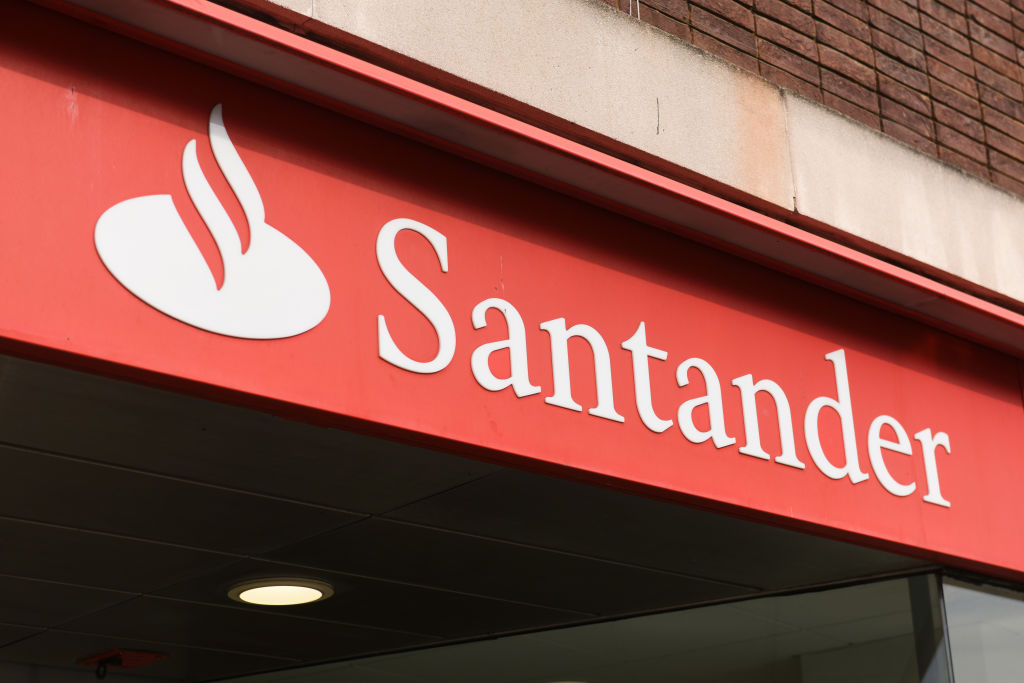The return of the 'liar loan'
A casualty of the financial crisis, the self-certified loan, or 'liar loan', is making a comeback, says Sarah Moore.
Get the latest financial news, insights and expert analysis from our award-winning MoneyWeek team, to help you understand what really matters when it comes to your finances.
You are now subscribed
Your newsletter sign-up was successful
Want to add more newsletters?

Twice daily
MoneyWeek
Get the latest financial news, insights and expert analysis from our award-winning MoneyWeek team, to help you understand what really matters when it comes to your finances.

Four times a week
Look After My Bills
Sign up to our free money-saving newsletter, filled with the latest news and expert advice to help you find the best tips and deals for managing your bills. Start saving today!
One key casualty of the 2008 credit crunch and property crash, the "self-certified mortgage", is staging a comeback. Often referred to as "liar loans", these mortgages were traditionally given to people without proof of regular income, such as the self-employed or those who did contract work. As the name suggests, all that was required to get one of these mortgages was to declare your income, with little or no need for proof.
The abuse of these loans has been blamed for contributing to the financial crisis at the height of the boom in 2007, they accounted for more than 50% of new lending and so they have since been effectively banned by the watchdog, the Financial Conduct Authority (FCA), under rules designed to prevent people from taking on unaffordable mortgages.
But a small start-up thinks it has found a way around the ban. "Selfcert.co.uk", currently just a domain name with a "coming soon" message, "is to skirt these rules by acquiring a licence from [a non-specified] eastern European country, which will allow it to lend in the UK as long as it conducts business from that country", writes Holly Thomas in The Times. Selfcert.co.uk is set to unveil a tracker loan on 2 January 2016, at 2% above the Bank of England's base rate.
MoneyWeek
Subscribe to MoneyWeek today and get your first six magazine issues absolutely FREE

Sign up to Money Morning
Don't miss the latest investment and personal finances news, market analysis, plus money-saving tips with our free twice-daily newsletter
Don't miss the latest investment and personal finances news, market analysis, plus money-saving tips with our free twice-daily newsletter
The maximum loan amount will be £500,000 and people will be able to borrow up to 85% of a property's value. Borrowers will not have to provide any proof of income, as the company will accept customer-verified invoices, although loans will not be available to buyers in London and Greater London, as, says owner Graeme Wingate, "we feel there is a price bubble in these areas".
Wingate, who previously owned a payday lending site, says clients' ability to make repayments will be assessed through "mystery shopping" visits to their businesses and through analysis of their social media accounts, because "you can tell so much about people and their lifestyle from their social media pages".
As the business is carried out online and "at a distance", Selfcert.co.uk's mortgage services will not be regulated by the FCA and any disgruntled customers will have no recourse to the financial ombudsman, warns an FCA spokesperson.
If you are self-employed, what are your other options? Halifax and several smaller specialist lenders will now consider self-employed borrowers with just one year of accounts (ratherthan the traditional three), while Clydesdale Bank is willing to take into account past employment in the same field. But whatever your situation, says Dominik Lipnicki of brokerage Your Mortgage Decisions, make sure you have up-to-date and accurate accounts.
Get the latest financial news, insights and expert analysis from our award-winning MoneyWeek team, to help you understand what really matters when it comes to your finances.
Sarah was MoneyWeek's investment editor. She graduated from the University of Southampton with a BA in English and History, before going on to complete a graduate diploma in law at the College of Law in Guildford. She joined MoneyWeek in 2014 and writes on funds, personal finance, pensions and property.
-
 Should you buy an active ETF?
Should you buy an active ETF?ETFs are often mischaracterised as passive products, but they can be a convenient way to add active management to your portfolio
-
 Power up your pension before 5 April – easy ways to save before the tax year end
Power up your pension before 5 April – easy ways to save before the tax year endWith the end of the tax year looming, pension savers currently have a window to review and maximise what’s going into their retirement funds – we look at how
-
 Why pension transfers are so tricky
Why pension transfers are so trickyInvestors could lose out when they do a pension transfer, as the process is fraught with risk and requires advice, says David Prosser
-
 Santander launches best easy access savings rate in 14 years
Santander launches best easy access savings rate in 14 yearsSantander launches market leading easy access savings rate, but you’ll have to act fast if you want to take advantage - we have all the details
-
 Bank of Baroda closes doors to UK retail banking
Bank of Baroda closes doors to UK retail bankingAfter almost 70 years of operating in the UK, one of India’s largest bank is shutting up shop in the UK retail banking market. We explain everything you need to know if you have savings or a current account with Bank of Baroda
-
 The rise and fall of finfluencers as FCA clamps down on poor advice
The rise and fall of finfluencers as FCA clamps down on poor adviceFCA clamps down on ‘finfluencers’ - but will it protect consumers from ‘bad advice’? Kalpana Fitzpatrick looks at the rise and fall of finfluencers
-
 Lloyds, Santander and HSBC hike savings rates
Lloyds, Santander and HSBC hike savings ratesBanks and building societies have been raising their savings rates as the base rate continues to rise. Our round-up of all the savings rates hikes.
-
 FCA: Banks with lowest savings rates to face “robust action”
FCA: Banks with lowest savings rates to face “robust action”The regulator has unveiled a new 14 point plan that will force savings providers to justify low interest rates on easy access savings accounts - will your savings get a boost?
-
 Watchdog summons banks to explain paltry savings rates
Watchdog summons banks to explain paltry savings ratesSavings rates trail mortgage rates - and the financial watchdog has summoned banks to a meeting amid concerns of profiteering.
-
 Consumer Duty: how the rules are changing financial services - and what they mean for you
Consumer Duty: how the rules are changing financial services - and what they mean for youConsumer Duty rules came into force almost a year ago, aiming to put customers’ needs first - but have they made a difference?